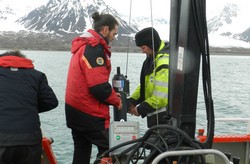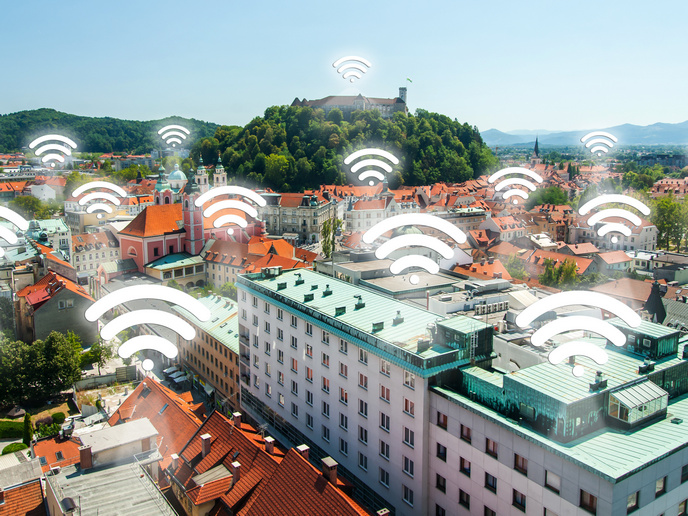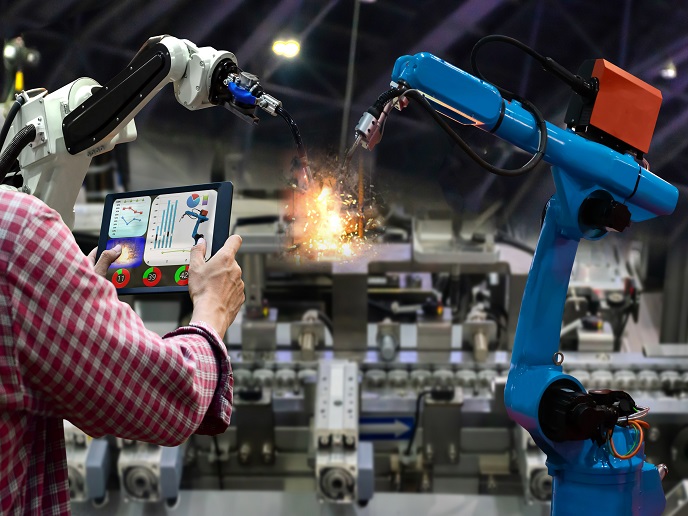Next-generation marine sensors to protect the world’s oceans
The marine environment plays a vital role in supporting life on earth through climate regulation and the absorption of carbon dioxide. It also supports economic activities, contributing to human prosperity, social wellbeing and quality of life. However, marine ecosystems are currently under threat from pollution, the impacts of climate change and the loss of biodiversity and habitat. Cost-effectiveness of sensing technologies is needed to monitor their condition. Major limitations to current sensing technology include their inability to operate autonomously and the high cost of maintenance arising from the need for frequent servicing. These challenges can be addressed through the use of cost-effective sensors that operate autonomously, reducing maintenance operations and human intervention. The EU-funded project COMMON SENSE has designed, developed and tested prototypes of the next generation of in-situ marine monitoring sensors. According to technical coordinator Sergio Martinez: ‘They will be used to increase the amount of available standardised data on eutrophication, heavy metal concentrations, microplastics and underwater noise, plus other parameters such as temperature pH and pCO2.’ Such sensors represent a major step forward in marine data management by enhancing scientists’ ability to assess environmental conditions that affect the whole marine ecosystem. They will also help to protect marine life, mitigate the impacts of climate change and human activities and promote marine science research. Sensors have been deployed, tested and validated under a range of conditions in the Arctic Ocean and the Mediterranean Sea, Baltic and Norwegian Sea. These sensors will be integrated into different marine platforms, significantly reducing sampling and monitoring costs. They will also share data with both new and existing systems and will be compatible with the Global Ocean Observing System (GOOS) and the Global Earth Observation System of Systems (GEOSS). The initiative will also contribute to the implementation of the Marine Strategy Framework Directive (MSFD) and other EU policies, such as the Common Fisheries Policy. Under the MFSD, Member States must assess the overall status of their marine environments and put in place the necessary measures to achieve Good Environmental Status (GES) by 2020. Furthermore, the new generation of sensors will be able to share data. ‘The developed sensors are smart units able to operate as a standalone solution or managed by a data sensor platform. They include a processor unit for transducer management, a communication interface and data conversion, and can operate autonomously.’ says Sergio Martinez. New cost-effective sensors developed by COMMON SENSE will save millions of Euros at the European scale, enabling in-situ sample collection and reducing the cost and resources needed for data collection. Thanks to the pre-processor inserted within sensors, real-time information can be interpreted and sent directly to the communications platform. Increased availability of standardised in-situ data and the temporal and geographic coverage of in-situ marine sensors will enhance Europe’s contribution to the global monitoring of the oceans. They will also reduce the cost of the current data collection system and enhance the management of marine activities such as fisheries. Finally, the COMMON SENSE project is a template for partners from across the European Union to work together on important environmental issues. Sergio Martinez concludes ‘We have not only developed new technologies and solutions, but also brought them out of the lab to be deployed in real situations.’
Keywords
Marine, sensors, COMMON SENSE, data management







